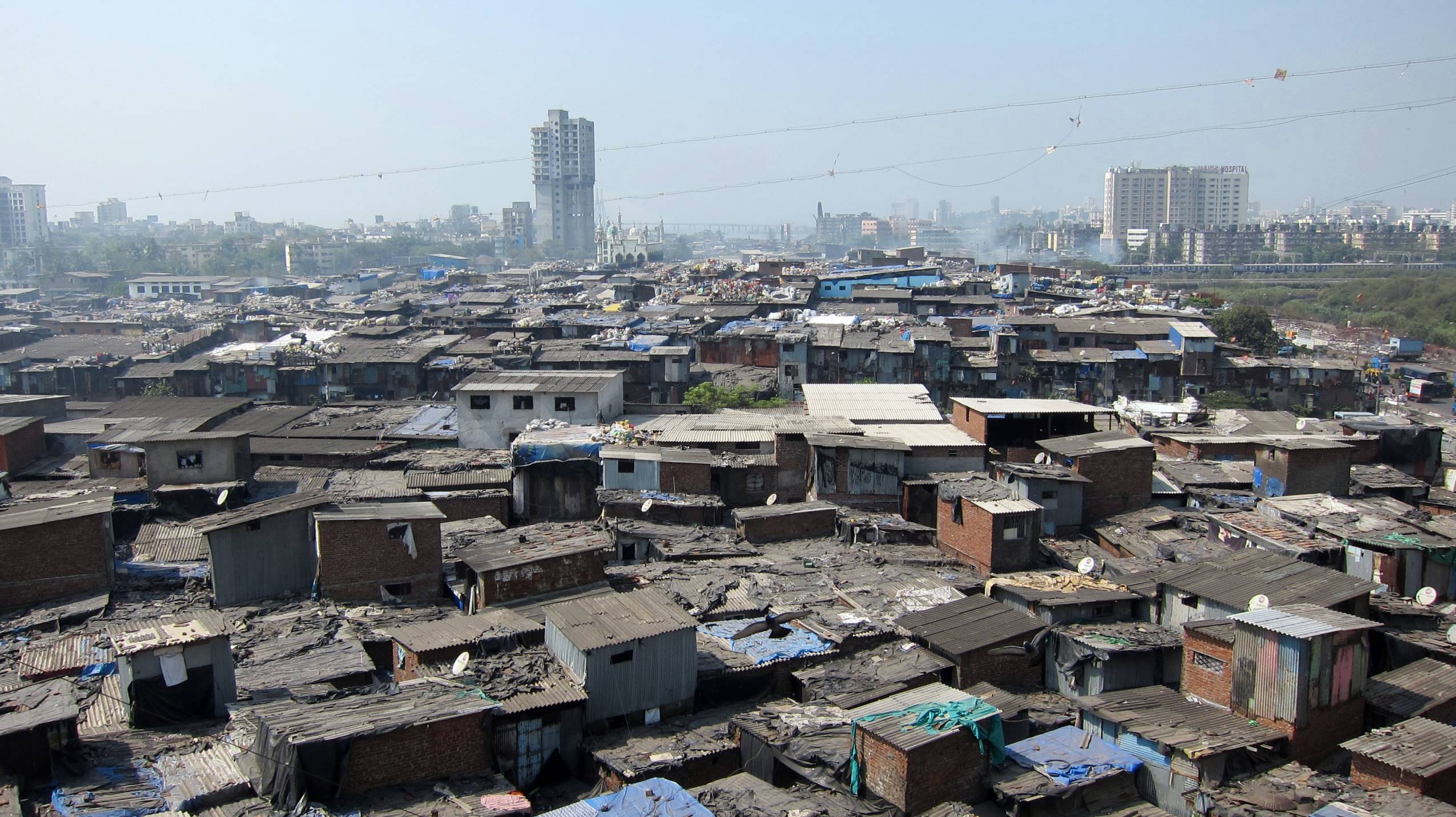
COVID-19: Anti-malarial drug to be tested on thousands in Mumbai slums
Officials in Mumbai are planning to administer hydroxychloroquine, an anti-malarial drug that has reportedly helped cure people infected with COVID-19 to those living in various neighbourhoods, including those in Dharavi, Asia's most crowded slum.

Officials in Mumbai are planning to administer hydroxychloroquine, an anti-malarial drug that has reportedly helped cure people infected with COVID-19 to those living in various neighbourhoods, including those in Dharavi, Asia’s most crowded slum.
This is the first such mass experiment to be conducted to cure people who have tested positive for COVID-19.
According to Suresh Kakani, additional commissioner at Municipal Corporation of Greater Mumbai, city officials are identifying a target group that will receive hydroxychloroquine, and medical experts are being consulted on the duration of dosage. He added that a decision would probably be taken in a couple of days.
This move highlights the level of pressure on healthcare workers and the desperation for solutions against the coronavirus, despite reports of the drug not having the intended effect consistently and having shown a number of side effects.
However, Kakani said, “This is a one-time window available to us and may give answers for the pandemic the world is struggling with. We are taking utmost care to understand the side effects before implementing this,” according to NDTV.
Related news | Death of Mumbai patient fuels fear of COVID-19 spread in Dharavi slum
Mumbai, which has the highest number of COVID-19 cases in India, has turned out to be the biggest hotspot for the coronavirus in the country.
Officials told NDTV that they plan to start testing the drug in Dharavi and another area named Worli, which is the most affected neighbourhood in Mumbai.
Voicing the concerns of the medical fraternity, Leena Menghaney, a New Delhi-based activist with Doctors Without Borders (Medecins sans frontieres) told NDTV, “For use of HCQ as prophylaxis in a hotspot, there is simply not enough evidence. No preventive studies published to say that this approach really protects people. Potential risk may surpass the potential benefit of providing it widely for people without the disease.”
A study in China said the anti-malarial drug did not help patients with the virus better than standard healthcare, but rather caused mild side effects like diarrhoea.
Apparently aware of the lack of unanimous support towards the administration of the drug, Mumbai health officials said they were being careful. “The plan to originally test the drug on 50,000 people with no liver or heart ailments has been scaled down, since it would be difficult to periodically monitor so many people,” Kakani was quoted as saying by NDTV.
Related news | Resident infected by COVID-19 in Mumbai’s Dharavi dies, building sealed
He added that the medicine would be given only to those who are willing, and only after taking into consideration the person’s medical history and medication, if any.
According to NDTV, around 4,500 healthcare workers would be brought in for this experiment, and each healthcare worker would be given 25 to 30 houses to monitor over a period of three to seven weeks while the drug is given to them.
With regard to allegations on whether the two areas were chosen for experimentation because they were slums, Kakani told NDTV, “In Dharavi and Worli, we have created quarantine zone with high risk patients. We are anyway monitoring that group for 14 days, so we are able to observe these people and provide medical services. We are not going ahead just because this is a slum.”
“We can try newer things if it’s permissible and advisable by relevant experts,” he was quoted as saying by NDTV.
“Just because no one has tried it out yet does not mean we shouldn’t also. We can’t sit back and relax,” he added.


